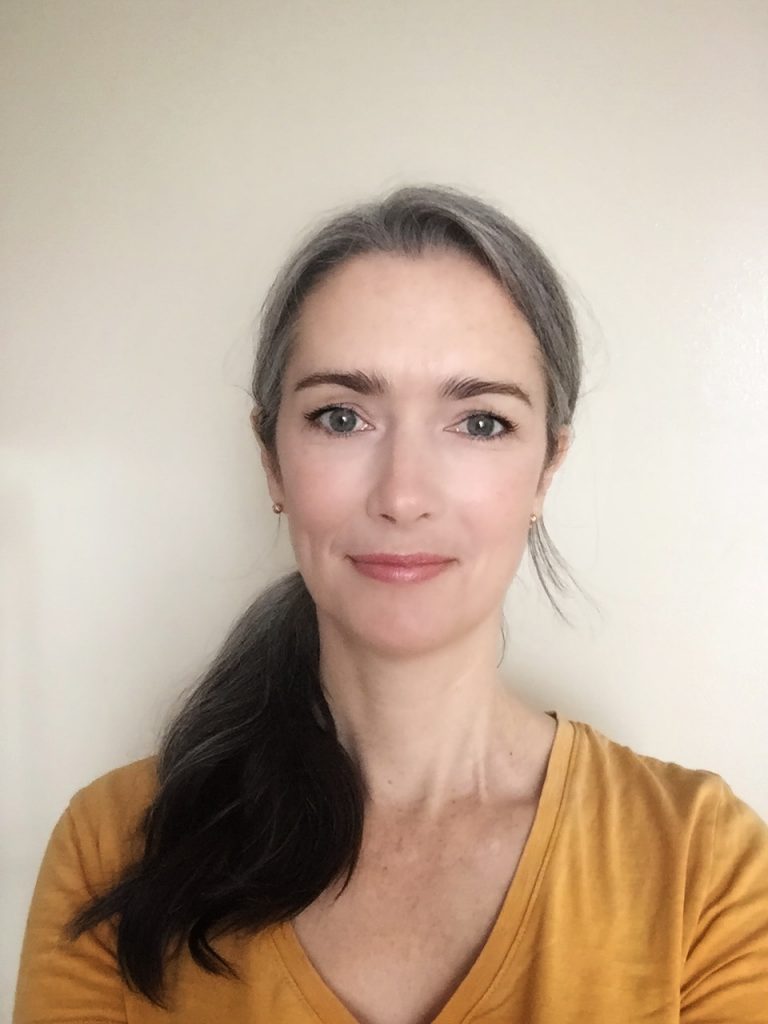Work by Caitlin Collin & Qin Liu highlighted at ARVO 2021 meeting
June 3, 2021

Caitlin Collin 
Qin Liu
At the virtual 2021 meeting of the Association for Research in Vision and Ophthalmology (ARVO), Caitlin Collin, PhD, from Mass Eye and Ear (MEE), presented a promising CRISPR/Cas9 gene-editing approach for treating people with autosomal dominant retinitis pigmentosa (adRP) caused by mutations in the gene RP1. The project is funded by the Foundation Fighting Blindness.
Dr. Collin noted that while the development of gene replacement therapies – replacing copies of the mutated gene with normal copies – has strong momentum in clinical trials for retinal diseases, it is better suited for autosomal recessive retinal diseases than those that are autosomal dominant. Different approaches – for example, CRISPR/Cas9 gene-editing – are in most cases better for treating autosomal dominant conditions.
Here is some background on why this is the case. We all have two copies of every gene in every cell in our bodies. Genes express proteins which are essential for our cells’ well-being and function. In recessive disease, both copies of the gene are essentially “dead-in-the-water” and not expressing any protein. By simply replacing these non-functioning genes, we can restore normal protein production.
However, in dominant diseases, things are often more complicated. In many dominant diseases, one gene copy is normal and expresses a normal protein, but the other copy is mutated and expresses a toxic protein that disrupts the function of the normal protein. Therefore to address dominant disease, the mutated gene copy has to be turned off to stop production of the toxic protein.
Dr. Collin and her mentor, Qin Liu, PhD, are developing a CRISPR/Cas9 therapy which works like molecular scissors to snip out strategic locations in the mutated copies of the RP1 gene to turn them off and prevent them from expressing a toxic protein. The normal gene copy is not altered by the therapy. The protein expressed by the normal copies of the RP1 gene is therefore not disrupted and functions normally, thereby halting the disease process. No replacement gene is needed in this case. Furthermore, this approach will work for most people with adRP caused by RP1 mutations, regardless of their mutation.
Dr. Collin’s ARVO presentation highlighted her success with this approach using human retinal cells with RP1 mutations. The MEE team is also evaluating the approach in mice with RP1 mutations. The overall goal is to move the emerging therapy into a clinical trial.
